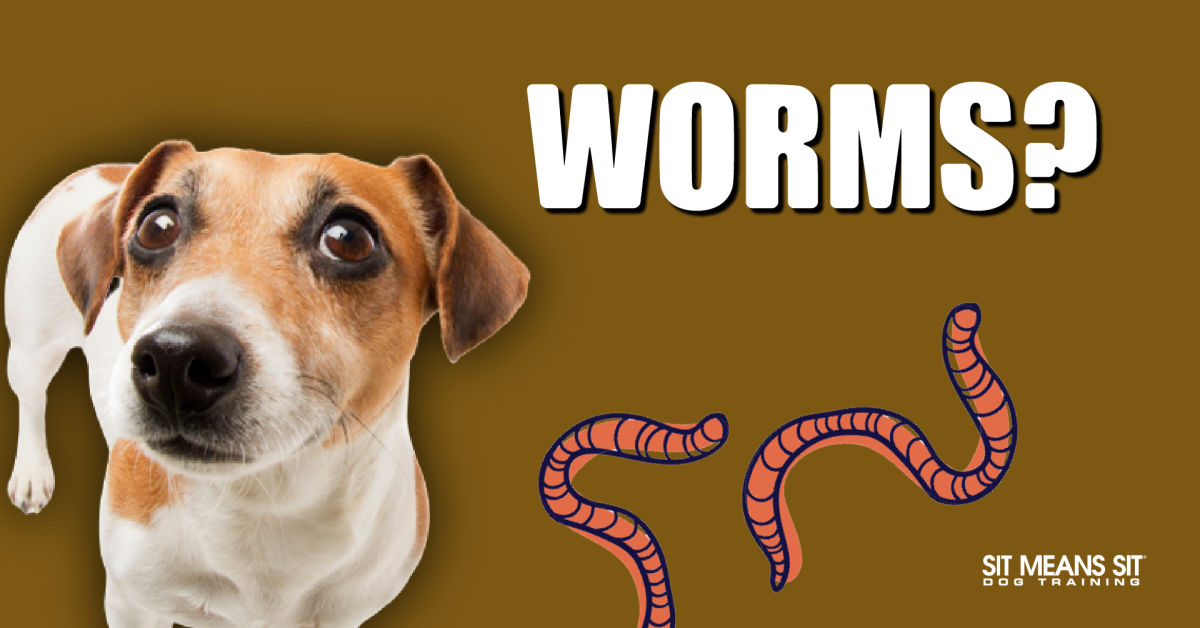
Does My Dog Have Worms?
Parasites are unwanted pests that can infect your furry friend. Read more to learn about worms in dogs and their symptoms, causes, and treatment.
What Are Worms?
Worms are small parasites that cause a wide array of health problems. They live in your dog’s intestines where they feed off blood and nutrients there. Additionally, worms make your pal ill, take valuable nutrients, and can damage the intestines. But, there are several types of worms commonly found in dogs. These include hookworms, roundworms, tapeworms, whipworms, and heartworms. However, heartworms reside in the heart, not the intestines.
Symptoms
Symptoms of worms vary on the type of worm. However, some symptoms are more general. These symptoms include:
- weight loss
- anemia
- diarrhea
- loss of appetite
- weakness
- coughing
- blood in feces
- evidence of worms in vomit or feces
Additionally, worms tend to be more common in puppies. This is because they can be infected by their mothers while pregnant or while nursing. However, worms can also affect adult dogs. So, don’t rule it out if your companion is not a puppy.
Causes
Worms can be acquired in multiple ways. For example:
- transplacental
- trans mammary
- transdermal
- contact with infected soil
- contact with infected feces
- eating wild game
- fleas
- mosquitos
If untreated, worms can cause a lot of problems and become more serious. However, you should consult your vet to determine what type of worm your dog has. Also, some types of worms can be transmitted to people and cause problems too.
Treatment
After you consult your vet, they will determine what medication will be the most effective in getting rid of your companion’s worms. They may also recommend any supportive care that may be necessary. Some treatments include:
- fenbendazole
- milbemycin
- moxidectin
- piperazine
- pyrantel
- oxantel
- praziquantel
- epsiparantel
- nitroscanate
Prevention
You can prevent worms in your furry friend by protecting them from fleas, ticks, and mosquitoes. Additionally, a clean environment is also important. So, always pick up after your dog, and don’t allow them to sniff or eat other dogs’ poop, animal droppings, or animal carcasses.
If your pal does have worms, don’t panic. They are treatable and can be prevented!
